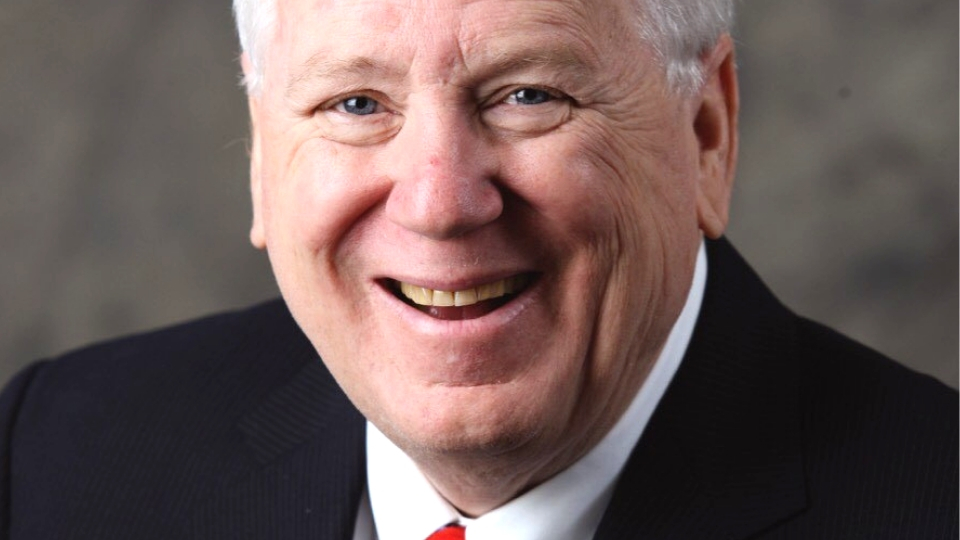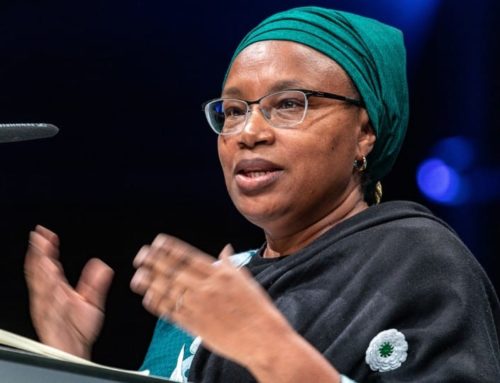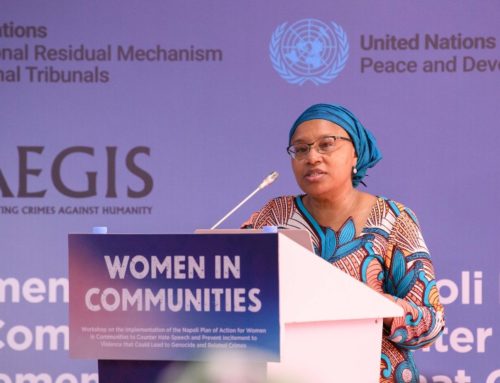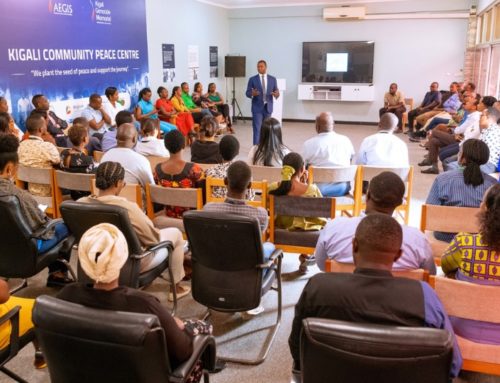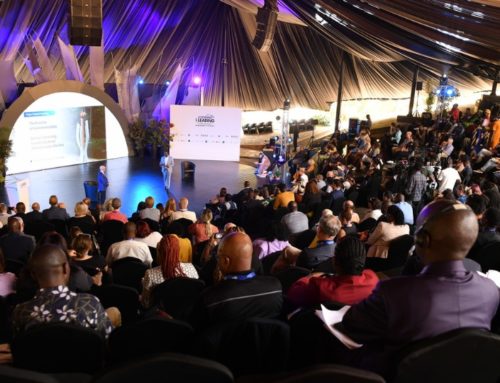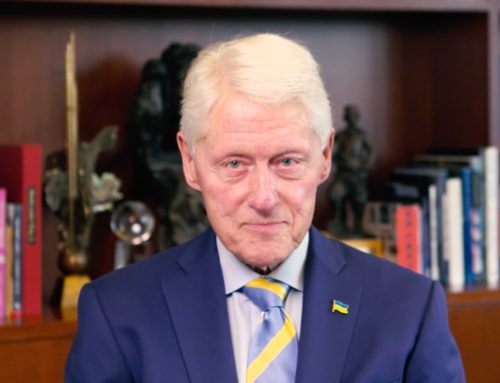On the day that leaders of the Khmer Rouge have finally been found guilty of genocide, the Aegis Trust is pleased to announce an award for the American diplomat who warned of their threat in advance, assisted their victims, and ultimately helped drive the Khmer Rouge from Cambodia.
The Aegis Trust will honour Ambassador Kenneth Quinn, president of the Des Moines, IA-based World Food Prize Foundation, with its Champions of Humanity Distinguished Service Award (previously known simply as the Aegis Award).
The Award recognizes Quinn’s service to Cambodia, first during the early 1970s in correctly identifying the genocidal policies of the Khmer Rouge prior to the genocide; and then in the 1990s, when as US Ambassador to Cambodia he developed an effective strategy to eliminate the presence of the Khmer Rouge in the country.
In the 20 years since Aegis’ Champions of Humanity Distinguished Service Award was created, it has been given to only one other individual – Lieutenant-General (retired) Roméo A. Dallaire, for his altruism and courage in preserving the value of human life as UN field commander in Rwanda prior to and during the genocide against the Tutsi in 1994. He saved many lives while the international community failed to respond to the crisis.
“I hope everyone understands how remarkable it is to have among us someone who not only saw a genocide coming and raised the alarm, but then played a leading role in responding to the humanitarian fallout of the Cambodian genocide and then found an ingenious way to eradicate the remnants of the perpetrators while he was the US ambassador to Cambodia,” says Dr James Smith CBE, founder and Chief Executive of the Aegis Trust. “Iowa should be immensely proud to have a son who by rising to the challenge has set an example to us all.”
In 1973, Quinn was stationed as a young State Department officer along the Cambodian border and saw the Khmer Rouge burning down villages. He prepared a 40-page report, the first-ever report
by anyone, that laid out in great detail the radical plans and ideology of the Khmer Rouge. The problem was that virtually no one within the US government believed him. Two years later the genocide in Cambodia was carried out under the leadership of Pol Pot, killing more than two million people.
“Imagine if we had listened,” Smith says. “Imagine a world where we had used our ethical intelligence to prevent this conflict.”
Quinn will receive the Champions of Humanity Award next year in London. During his diplomatic career, he served on the National Security Council staff at the White House; at the US mission to the United Nations in Vienna; as chairman of the US Inter-agency Task Force on POW/MIAs; and as director of Iowa SHARES, the humanitarian campaign that sent Iowa doctors, nurses, medical supplies and food to starving Cambodian refugees.
A fluent speaker of Vietnamese, as interpreter for President Gerald Ford at the White House he personally negotiated the first ever entry by US personnel into a Vietnamese prison to search for US POW/MIAs. He was also a member of the first US team to gain entry to a former Soviet prison in Russia.
Elected as a member of the American Academy of Diplomacy, Quinn has received numerous national honours and awards for his actions in multiple dangerous and violent situations. He is the only US Foreign Service officer ever to have three times received the American Foreign Service Association Rivkin and Herter Awards for intellectual courage in challenging policy.
In 2014, Quinn became only the 23rd person in Iowa history to receive the prestigious Iowa Medal, the state’s highest citizen award, joining such illustrious Iowans as President Herbert Hoover, Vice President Henry A Wallace, Professor George Washington Carver, Carrie Chapman Catt and Norman Borlaug, winner of the Nobel Peace Prize in 1970 for his work in global agriculture. The World Food Prize was created in 1986 to fulfill his vision of honouring those who have made significant and measurable contributions to improving the world’s food supply.
The award will be formally presented next year in London and Kigali, Rwanda.
“It is very unusual to identify one person who has led a significant campaign to successfully fight a genocidal ideology,” says Dr Smith. “We hope that this award, so justly deserved, will be an encouragement to us all about the power of one, the ability of individuals to make a difference, to save lives and to counter genocide through humanity.”

